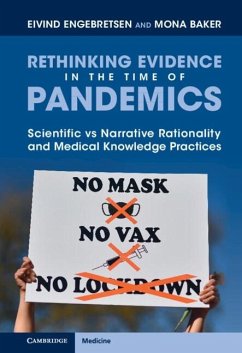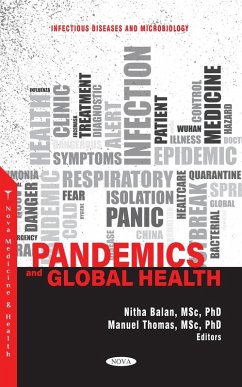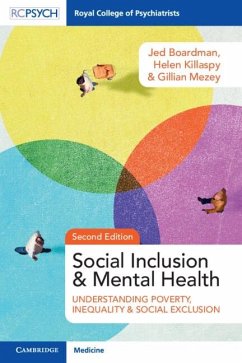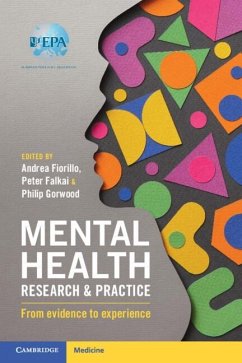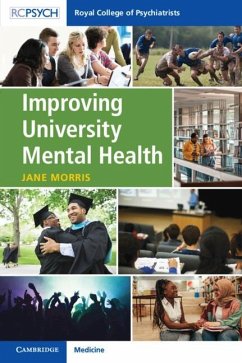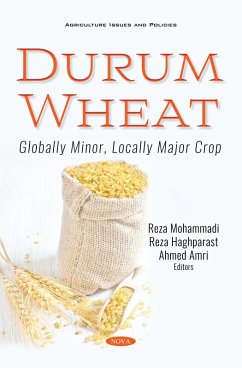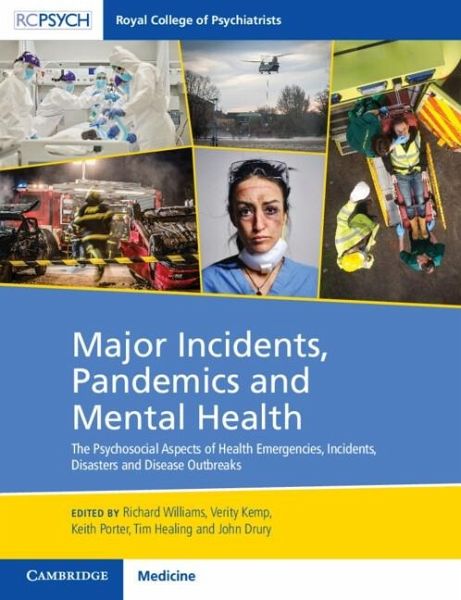
Major Incidents, Pandemics and Mental Health (eBook, PDF)
The Psychosocial Aspects of Health Emergencies, Incidents, Disasters and Disease Outbreaks
Redaktion: Williams, Richard (University of South Wales); Drury, John (University of Sussex); Healing, Tim (Worshipful Society of Apothecaries of London); Porter, Keith (University of Birmingham); Kemp, Verity (Independent Health Emergency Planning Consultant)
Versandkostenfrei!
Sofort per Download lieferbar
60,99 €
inkl. MwSt.
Weitere Ausgaben:

PAYBACK Punkte
30 °P sammeln!
The COVID-19 pandemic has shown that all emergencies, major incidents and disease outbreaks can have substantial mental health consequences, and it has demonstrated the proven need for additional care for populations in the wake of disasters. This book brings together practice and recent developments in pre-hospital emergency care, emergency medicine and major trauma care with the wellbeing, psychosocial and mental health aspects of preparing for and responding to emergencies, incidents, terrorism, disasters, epidemics, and pandemics. Practical suggestions are included for future planning to p...
The COVID-19 pandemic has shown that all emergencies, major incidents and disease outbreaks can have substantial mental health consequences, and it has demonstrated the proven need for additional care for populations in the wake of disasters. This book brings together practice and recent developments in pre-hospital emergency care, emergency medicine and major trauma care with the wellbeing, psychosocial and mental health aspects of preparing for and responding to emergencies, incidents, terrorism, disasters, epidemics, and pandemics. Practical suggestions are included for future planning to provide better care for people caught up in emergencies. Setting it apart from other books on emergency preparedness is its specific focus on the psychosocial demands imposed on staff of healthcare and responding services. Featuring expert contributions from a wide variety of disciplines, this book appeals to people working within mental healthcare, emergency care, pre-hospital medicine, Blue Light services, public health, humanitarian care, emergency planning, and disaster management.
Dieser Download kann aus rechtlichen Gründen nur mit Rechnungsadresse in A, B, BG, CY, CZ, D, DK, EW, E, FIN, F, GR, HR, H, IRL, I, LT, L, LR, M, NL, PL, P, R, S, SLO, SK ausgeliefert werden.




